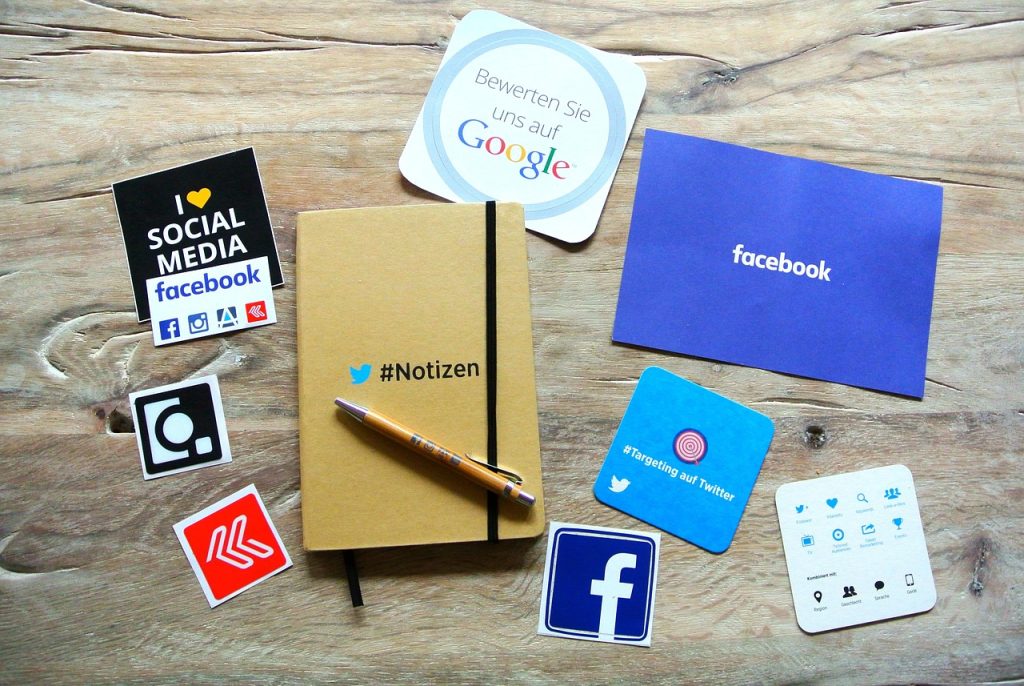The internet has become a vital part of our lives in the digital age. It’s a powerful tool that enables us to communicate, learn, and quickly access information.
However, it’s really important to be aware that every time we use the internet, we generate data that can be collected, analyzed, and used in various ways. This article will explore how your data is being used online, highlighting the benefits and potential risks.
Personalized Advertising
Almost every website you visit will collect your data to create a persona that contains your interests, preferences, and behavioral habits. Advertising partners will then use this information to create online adverts that are tailored to your wants and needs, often timed to reach you when you’re most likely to buy.
They can track you across various websites, using this data to paint a clearer persona, using information such as general browsing history, location, and even financial documents you’ve previously opened. Even if this means that users can have safer, more fulfilling online experiences, giving their data directly to large tech companies and the government is a big ask. PIA’s blog piece shows that data gathering is a notable concern for many online users, despite potential upsides.
Product Recommendations
Stores and services that operate almost exclusively online, such as Amazon and Netflix, will gather data about your purchase history, browsing patterns, and user preferences to provide personalized product recommendations. Newsweek explains that machine-learning algorithms will use this data to predict when you’re most likely to engage with a specific piece of content.
This makes finding relevant products or discovering new movies and shows easier and quicker. While these recommendations can enhance your online experience, they can also contribute to an echo chamber effect, where users are only exposed to content that reinforces their preferences and opinions, which is become increasingly more common recently.
Fraud Detection and Prevention
For its many faults, mass data gathering has clear and immediate benefits, with one of the most prevalent being in the fraud detection and prevention world. Banking and online payment platforms can use customer data, both en-mass and for the individual, to detect when a transaction is more likely to be fraudulent, requiring the user to verify their action.
By monitoring user behavior and transaction patterns, these organizations can identify unusual activity that may indicate fraud. They will know where you spend most of your time, so if you suddenly appear active at a new location and are trying to spend a large amount of money, this will likely result in the transaction being flagged and your card being temporarily frozen.
Social Media Algorithms
According to Hootsuite, social media platforms like Twitter and Facebook will use data to personalize and optimize the content displayed on your feed. By analyzing your friends/followers, interests, and engagement patterns, these platforms curate content they believe will be most relevant and exciting to you. This approach can help you stay connected with friends and stay informed about topics that matter to you, though it can also contribute to echo chambers being formed, which you may not be aware of.










